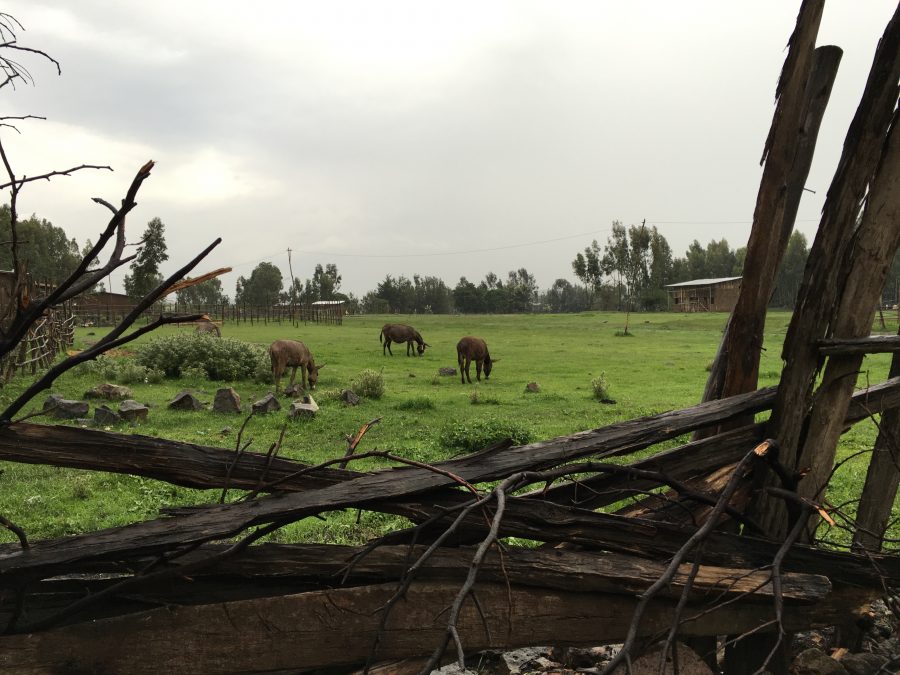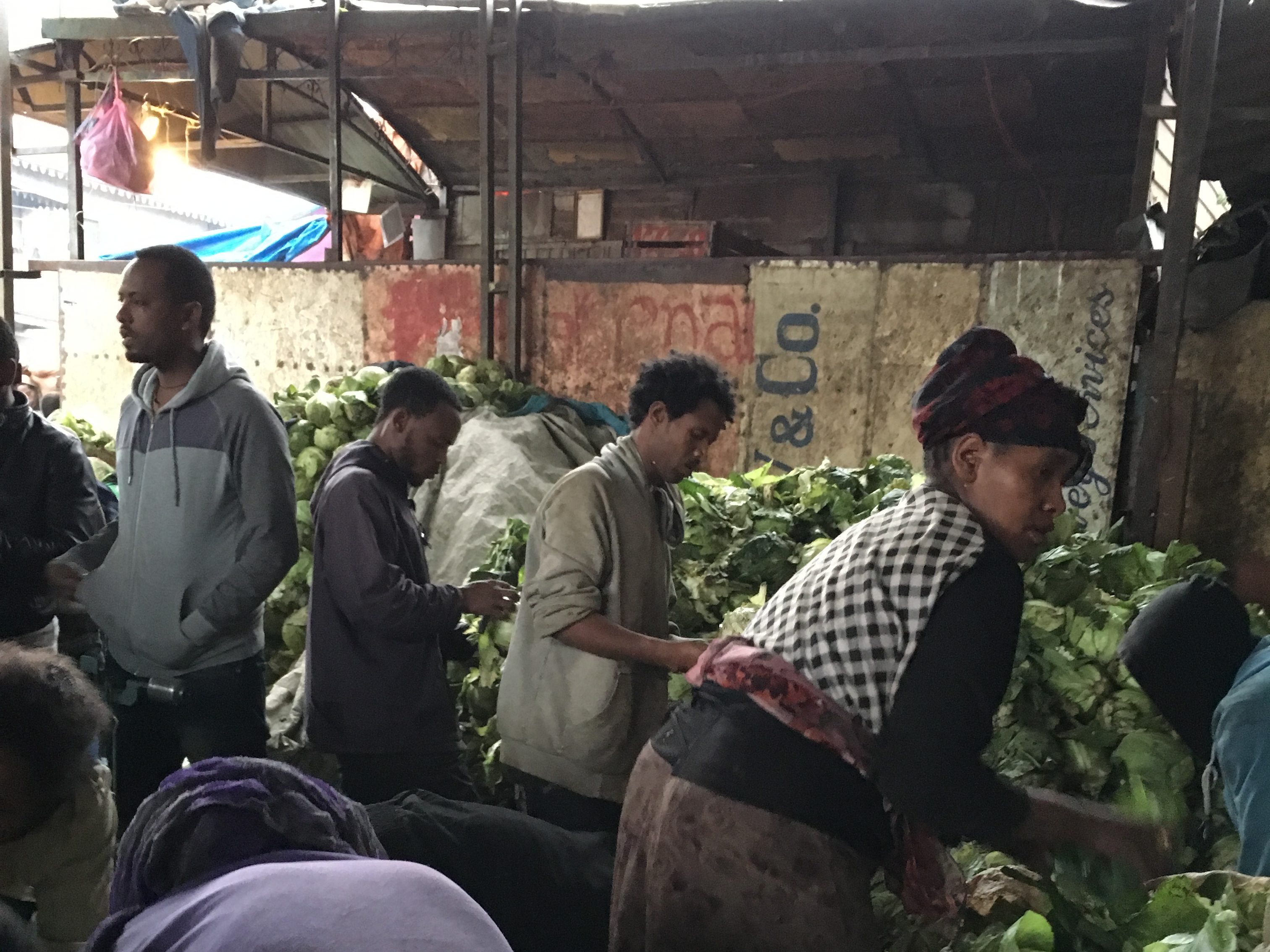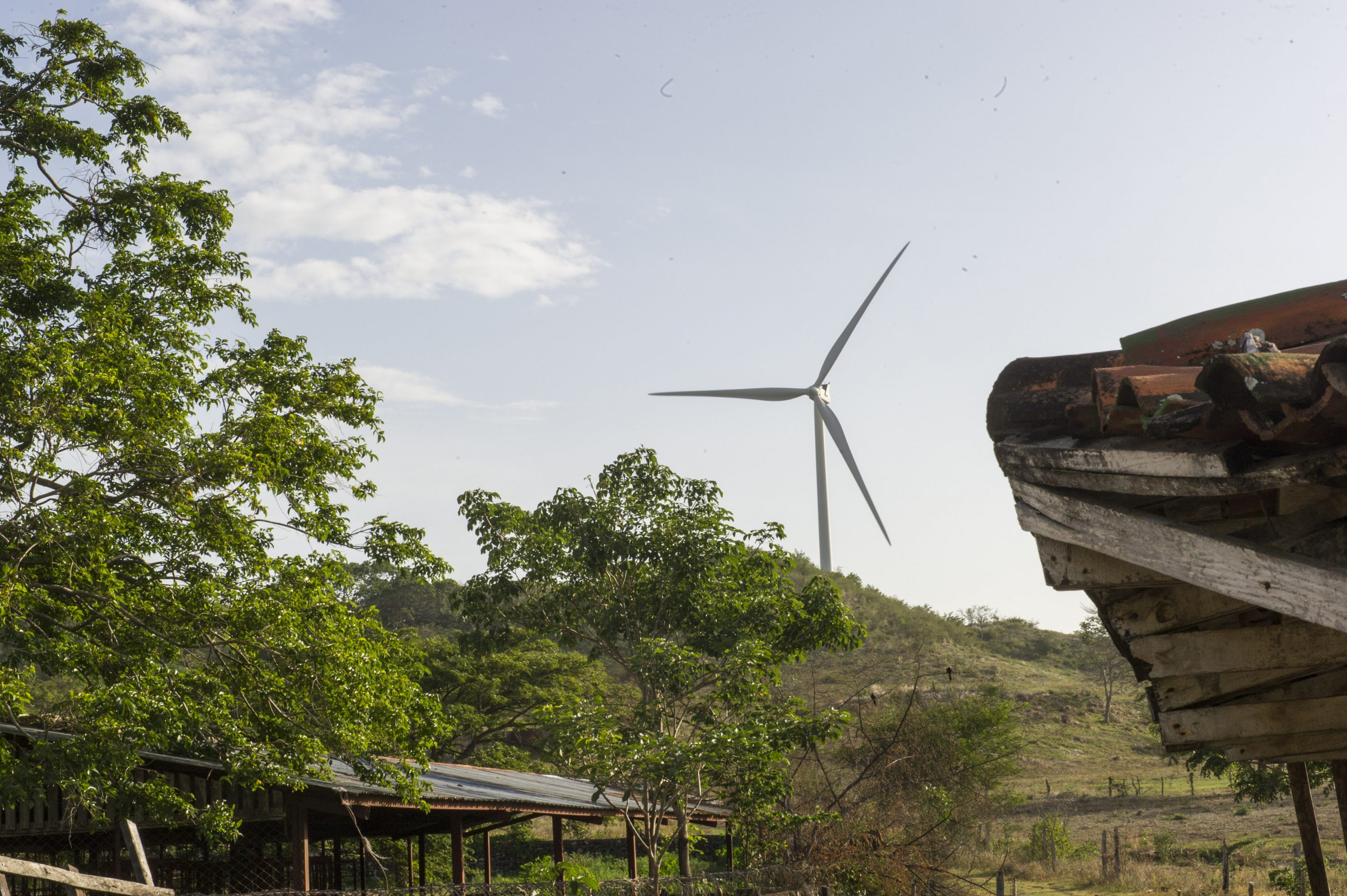I thought I knew a lot about agriculture and compared to the average American twenty-something, maybe I did (only two percent of the total employment in the United States is in the agricultural sector as of 2010). I grew up on a dairy farm in Vermont and though financial hardship forced my family out of the business when I was young, I stayed involved in the sector in various ways throughout high school (including a stint as a Washington County Alternate Dairy Princess – fun at the time but I won’t be digging up any old pictures for this article).
As it turns out, I knew very little about agriculture; especially the realities of the sector in a developing country. This summer I got to spend eight weeks discovering how much I didn’t (and still don’t) know.
As part of a program at UC Berkeley, where I’m pursuing my MBA with a focus on social impact, a team of four classmates and I spent six weeks researching the Ethiopian agricultural sector from the comfort of our desks here in Northern California and then two weeks in Ethiopia learning even more. Our end goal: recommendations for integrating Information and Communications Technology (ICT) into specific agricultural sector processes to support the overall national goals of improving the effectiveness and efficiency of the sector.
Related article: “SDG 9: UNLEASHING INNOVATION“,
“ STRENGTHENING OF CHINA’S CAPACITY IN AGRICULTURAL MARKET MONITORING AND AGRICULTURAL OUTLOOK“
In Ethiopia, improving the agricultural sector is a very big deal. Eighty percent of the population is engaged in the agricultural sector and it provides more than forty-two percent of the country’s GDP.
 Photo Credit: Impakter/Sarah Cramer
Photo Credit: Impakter/Sarah Cramer
We dove into our research and quickly discovered that there is no shortage of existing initiatives bringing ICT into all aspects of agriculture in developing countries:
- Digital Green empowers village-level representatives to produce and share videos on locally relevant agronomic, health and livelihood practices to motivate and educate community members. The short videos are screened for small community groups twice a week using battery-operated pico projectors.
- Infotrade Uganda is a market information system built to integrate collection, analysis and dissemination of agricultural and other market information in the country.
- M-Pesa began as a mobile money solution in Kenya and is now revolutionizing access to advances and credit for farmers.
And the list goes on… Even just these three examples show the breadth of the processes that make up any agricultural sector and the depth of the thinking and work that others have done to bring technology into the sector in many different countries and contexts.
So let’s just import these ideas and technology and we’ll have a great program, right?
Here’s where we ran into one of the most dangerous fallibilities of international development work… and of entrepreneurs who focus on “scaling” without consideration of context… and anyone who tries to fit round pegs into square holes for the sake of keeping a “one-size-fits-all” model. Basically, our first thoughts were the same as many had had before.
And they were completely wrong.
Reading reports and online articles and speaking to experts in agricultural development from halfway around the world was helpful… but they provided more of a background for the real learning that happened when we visited Ethiopia.
Being in-country, we learned so much more. Standing in the middle of a crowded early morning vegetable market, we heard how the cabbage seller bought a truckful of product directly from the farmers hours away and arrived at the market not knowing how much he’d be able to charge for cabbages that day.
 Photo Credit: Impakter/Sarah Cramer
Photo Credit: Impakter/Sarah Cramer
We saw the discrepancy between the way things “should be” and the on-the-ground reality when several people in the capital told us that governmental offices at the district level all have at least minimal connectivity… and a few days later we visited one of those offices but it didn’t have electricity much of the time, let alone wiring for an internet connection.
We learned what it means to have a single telecom provider in a country when social media and image sharing sites were blocked for a full week leading up to a national school exam and the entire country’s internet went dark for 24 hours. (We’re not sure if the latter was accidental or on purpose and no answer seems to be forthcoming).
The point is (well, there are many points but the one I’m most interested in here) – is that the things that are working in other countries are a great place to start. We should absolutely be learning from successful projects (and failures) and build on existing solutions. But we cannot do so blindly.
For a full mindmap containing additional related articles and photos, visit #AfricaICT
A mobile money solution won’t work so well in a country where more than 50% of people still don’t have access to cell phones. A market information system that uses a web portal to disseminate information will only work for those who can read (49% of adults) and those who have internet access (far fewer than either of the first two conditions).
More than anything specific about agriculture or ICT – this is what we learned:
- Get down to the ground level
- Listen
- Think creatively
- Listen
- Take many notes
- LISTEN
The answers are already there. There’s a company using a networked agents approach to bring mobile money to people who have no mobile phones. There’s a system that delivers information to farmers via interactive voice response (IVR) rather than text message, so that even those who cannot read have access to the same information as those who can. As it turned out, our role had much less to do with importing new ideas about ICT and much more to do with connecting the dots between all of the amazing, context-relevant projects already underway in Ethiopia.
Photo Credit: UN Photo/Mark Garten
There’s definitely still a long way to go. These projects need to be integrated together, scaled up, have more complex management and oversight systems put in place.
Sure, it would be great if there was more telecoms bandwidth in the country. If literacy rates were higher. If government offices actually had the internet connections they need to do their jobs. But those things will happen slowly.
The work of bringing ICT into the agricultural sector cannot wait for all of this. For a time when the perfect solution can be imported from elsewhere. Just because the technology or the program exists, doesn’t mean it is right for Ethiopia right now.
I know this is not news to many who have dedicated their lives to thoughtful engagement in international development. But I think to many in other communities, it might be. Technology is giving us unprecedented opportunities for scaling solutions to so many problems. Truly amazing things are possible.
But our first work in bringing these solutions to other countries and other contexts is to listen. To realize how much we don’t know (and will probably never know). The meet the people already doing work on the ground where they are. And moving forward together.
Because as it turns out, neither growing up on a dairy farm in New England, spending time as a Dairy Princess, nor even being an MBA student sets you up in any way for success working in agriculture in Ethiopia. Admitting how much you don’t know – and being willing to listen and learn from those who are already doing it – does.
Recommended reading: “AFRICA: USING ICTS FOR TRANSFORMATIONAL DEVELOPMENT“













